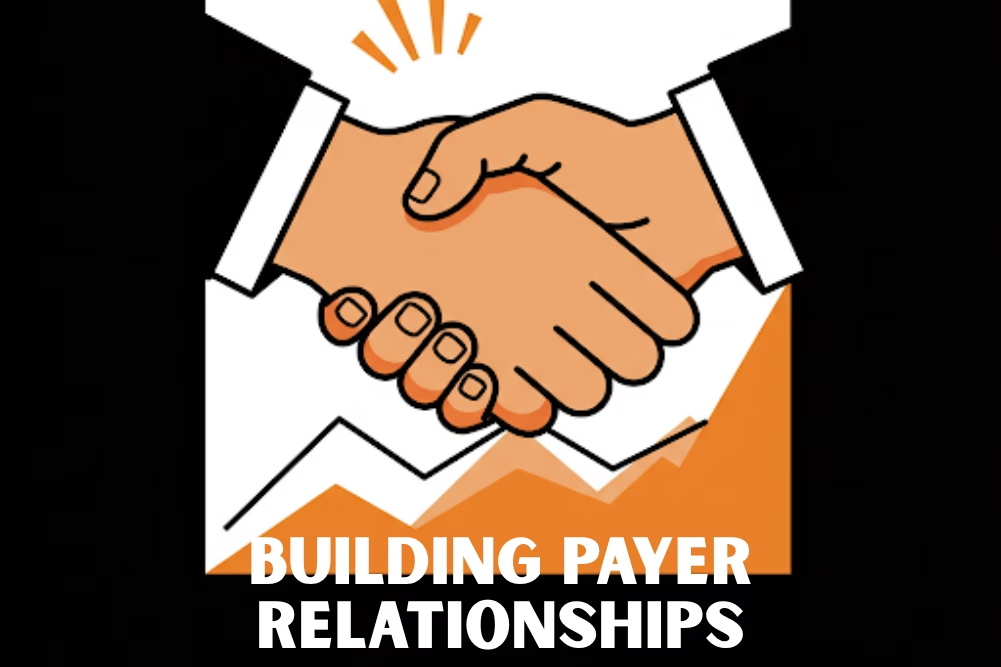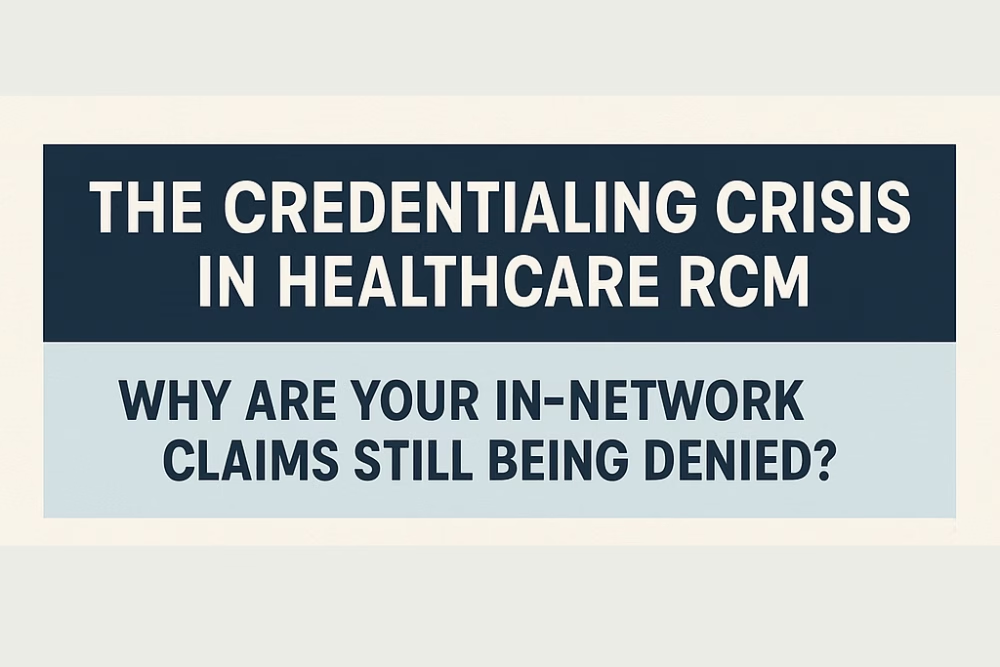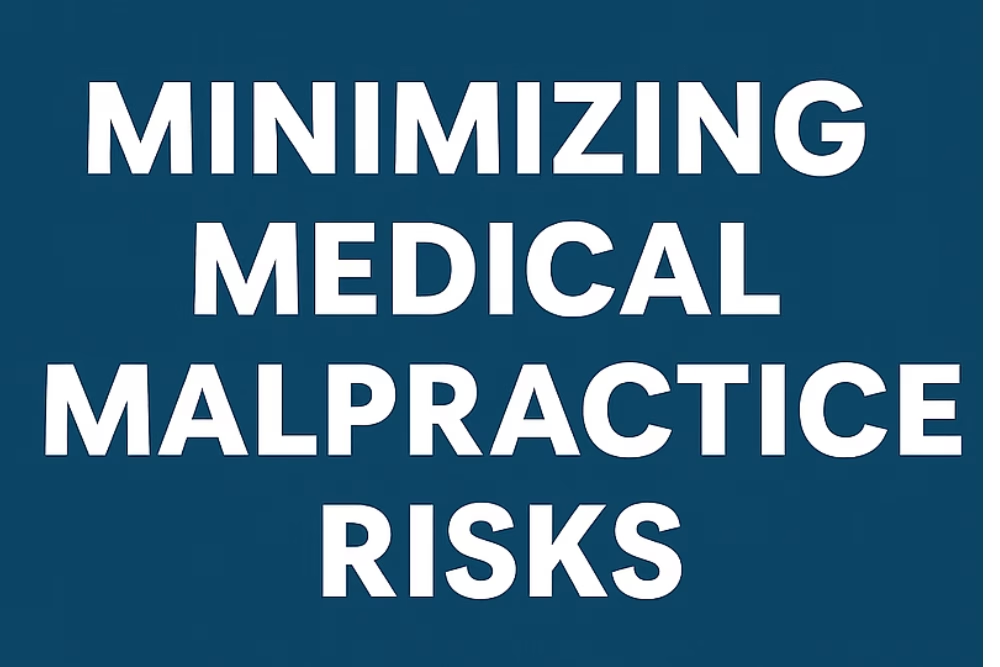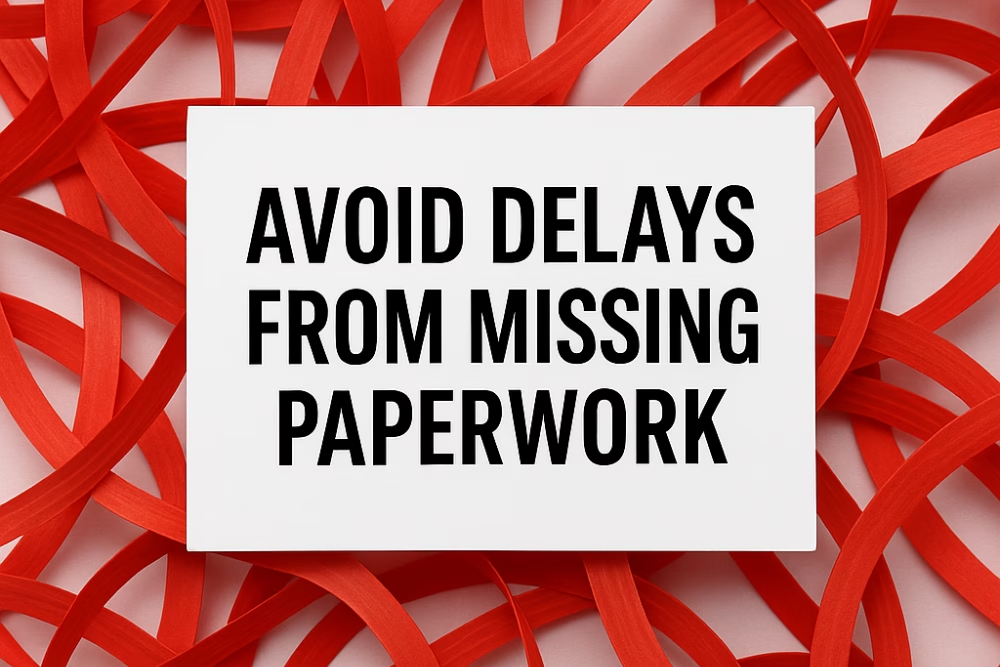In the evolving world of healthcare, building strong payer relationships in healthcare is no longer optional—it’s a strategic advantage. Practice managers, providers, and clinic owners who prioritize payer collaboration enjoy faster claim approvals, stronger contracts, and better patient outcomes.
By shifting the mindset from “adversarial” to “partnership,” your practice can align with payer goals, navigate reimbursement more efficiently, and thrive in value-based care models.
Understand the Payer’s Perspective
To collaborate effectively, you need to understand what payers care about:
-
Cost Control & Efficiency: Payers want to reduce unnecessary spending.
-
Value-Based Metrics: Insurers are shifting from volume to value—think outcomes, not just visits.
-
Network Optimization: Payers often look for high-performing providers to feature in preferred networks.
Whether you’re dealing with a national insurer like Aetna or a regional Medicaid payer, understanding their specific priorities allows you to tailor your approach and offer value.
Strategies for Building Strong Payer Relationships in Healthcare
1. Maintain Professionalism
Whether you’re negotiating reimbursement rates or resolving claim issues, keep interactions courteous, data-backed, and objective. Trust starts with respect.
2. Share Meaningful Data
Demonstrate your value with metrics such as:
-
Reduced readmission rates
-
High patient satisfaction scores
-
Chronic disease management outcomes
-
Preventive care and wellness visit stats
3. Practice Transparent Communication
Establish regular check-ins with payer reps. Respond to emails and inquiries promptly, and document all communications for clarity.
4. Collaborate on Care Improvement
Consider participating in pilot programs or joint quality initiatives. Aligning on shared goals, like patient outcomes, strengthens relationships and can unlock enhanced contracts.
5. Use Technology to Improve Efficiency
Implement telehealth solutions, automation for prior auths, and machine learning analytics to show you’re committed to streamlined, tech-forward care delivery.
Benefits of Strong Payer Collaboration
-
Faster Claims Processing
-
Improved Contract Negotiations
-
Inclusion in Preferred Networks
-
Stronger Position in Value-Based Models
-
Better Patient Care Coordination
When payers see your practice as a partner, they’re more likely to work with you on solving challenges and enhancing mutual performance.
Let eClinicAssist Help You Strengthen Payer Relationships
At eClinicAssist, we help clinics and providers manage credentialing, payer communications, contract optimization, and data sharing. If you’re looking to improve how you engage with payers, we have the tools and expertise to support you.
👉 Contact eClinicAssist today and discover how to build long-lasting payer partnerships that fuel your practice’s growth.







